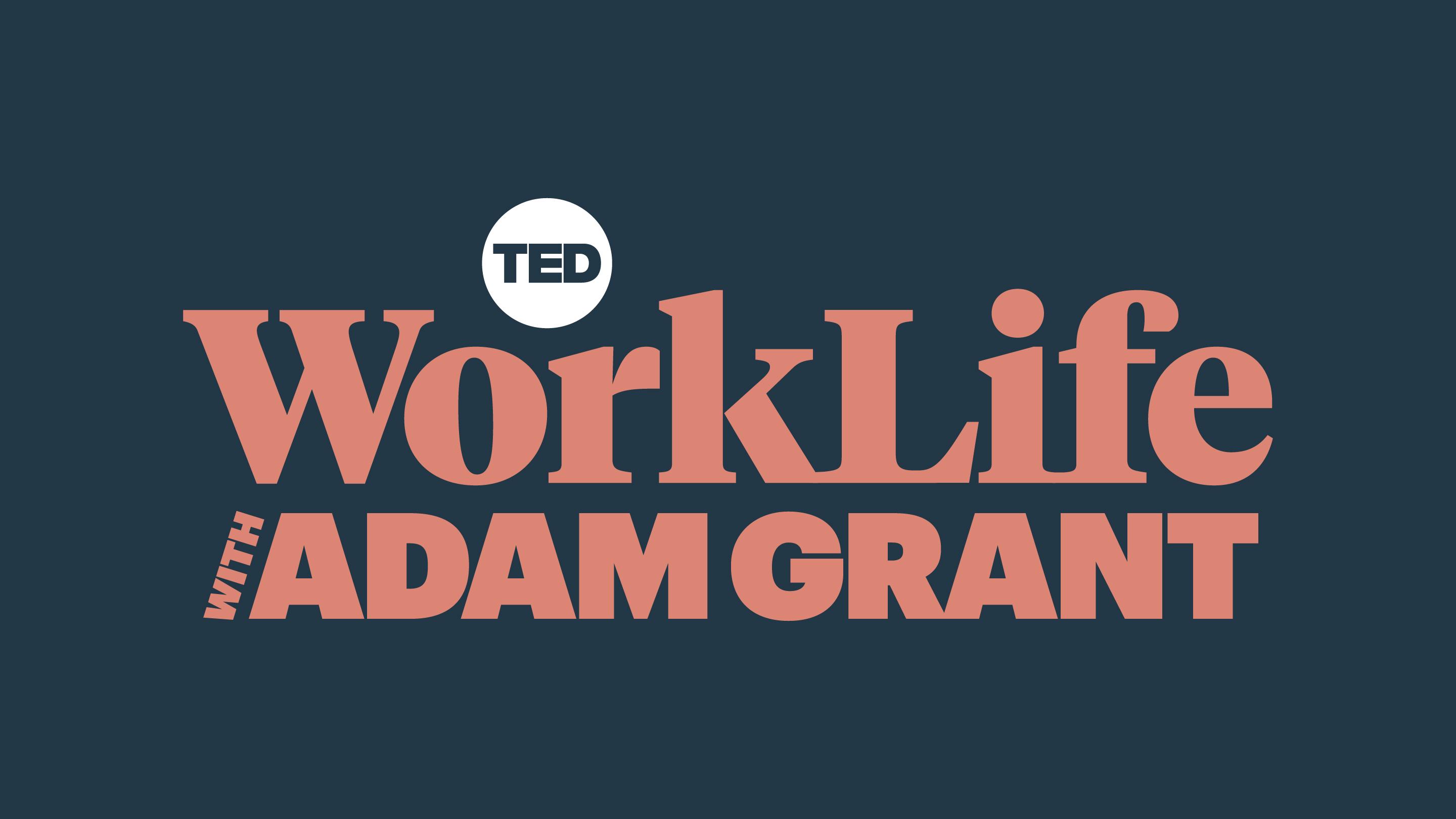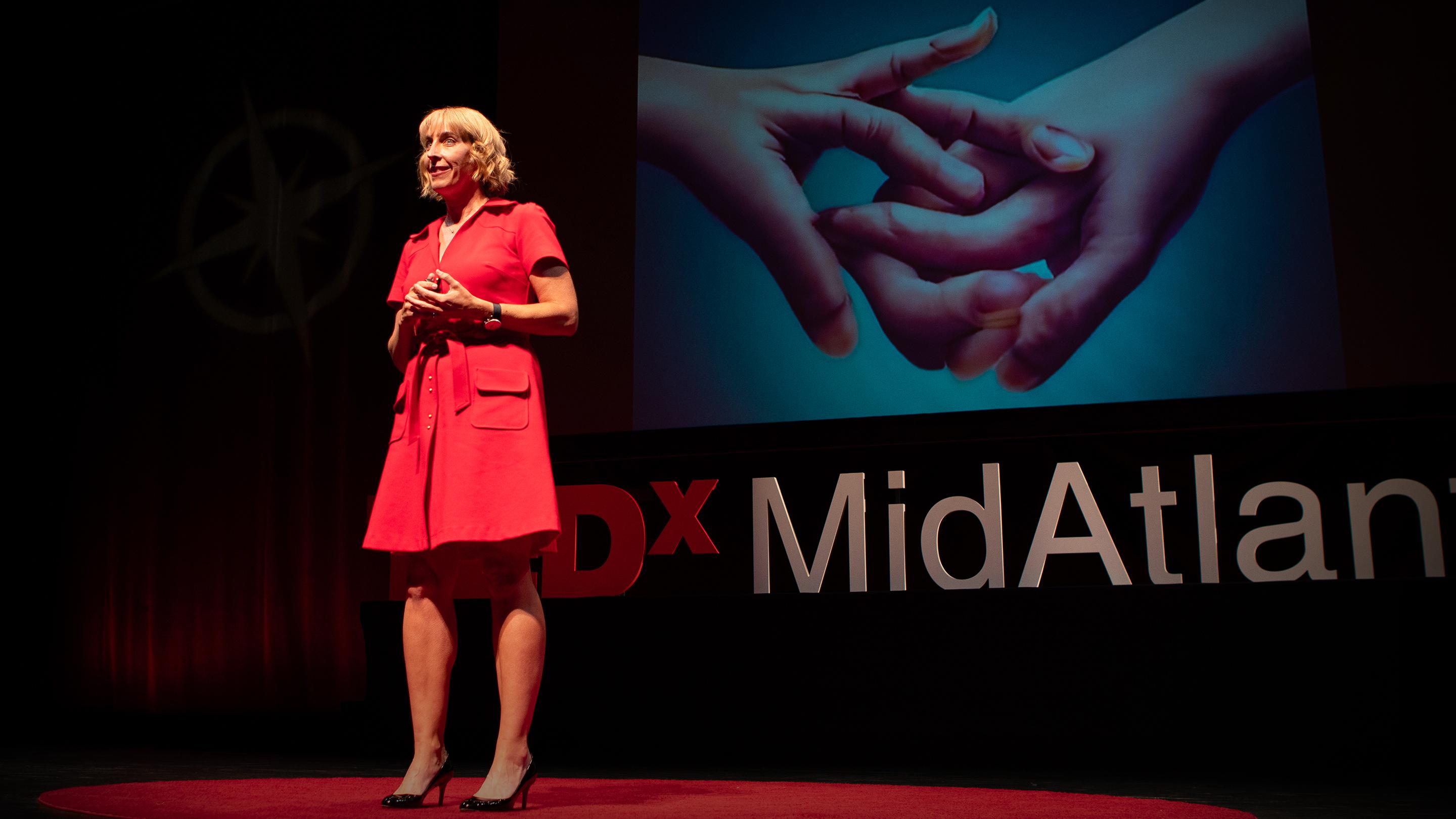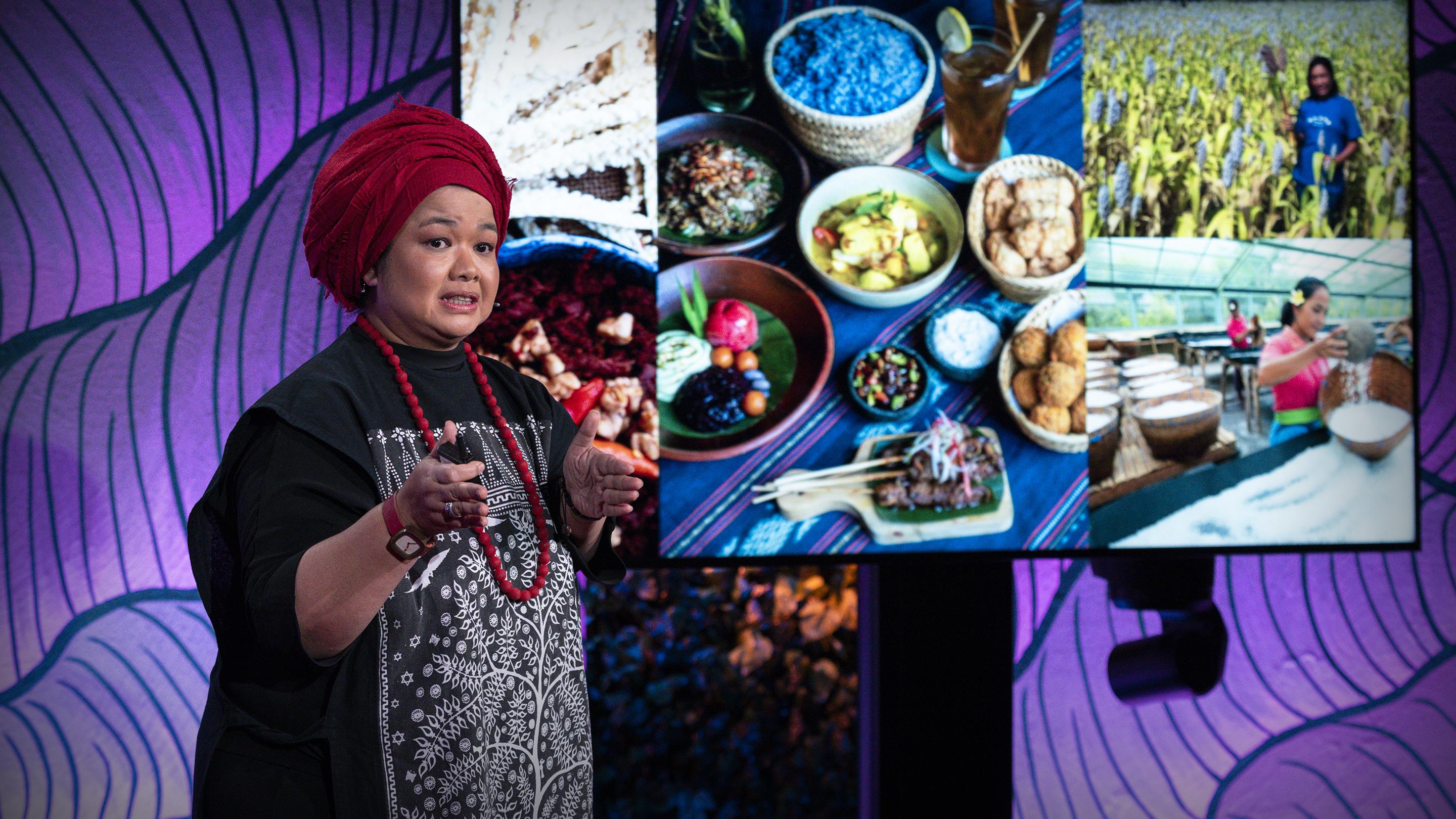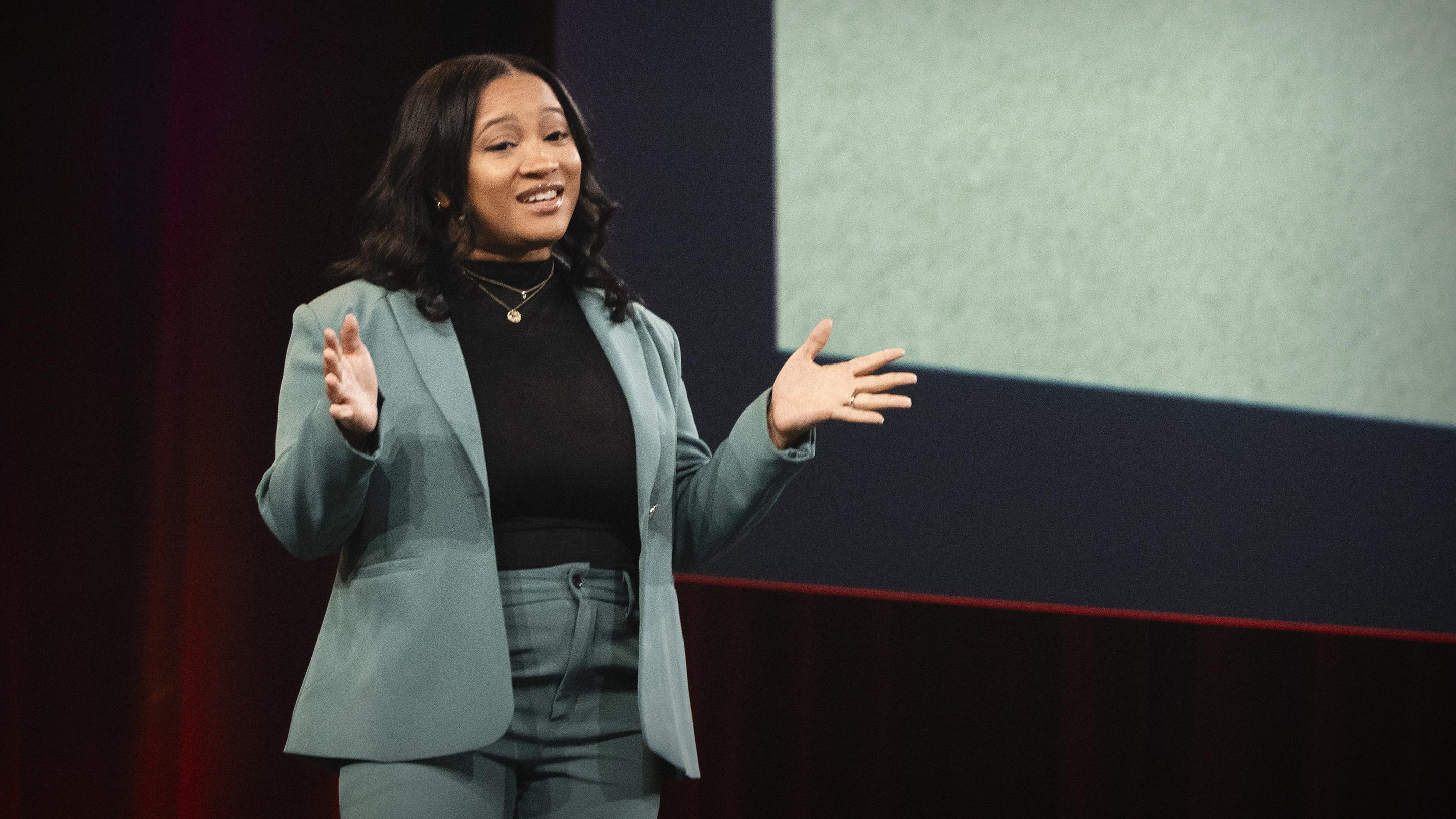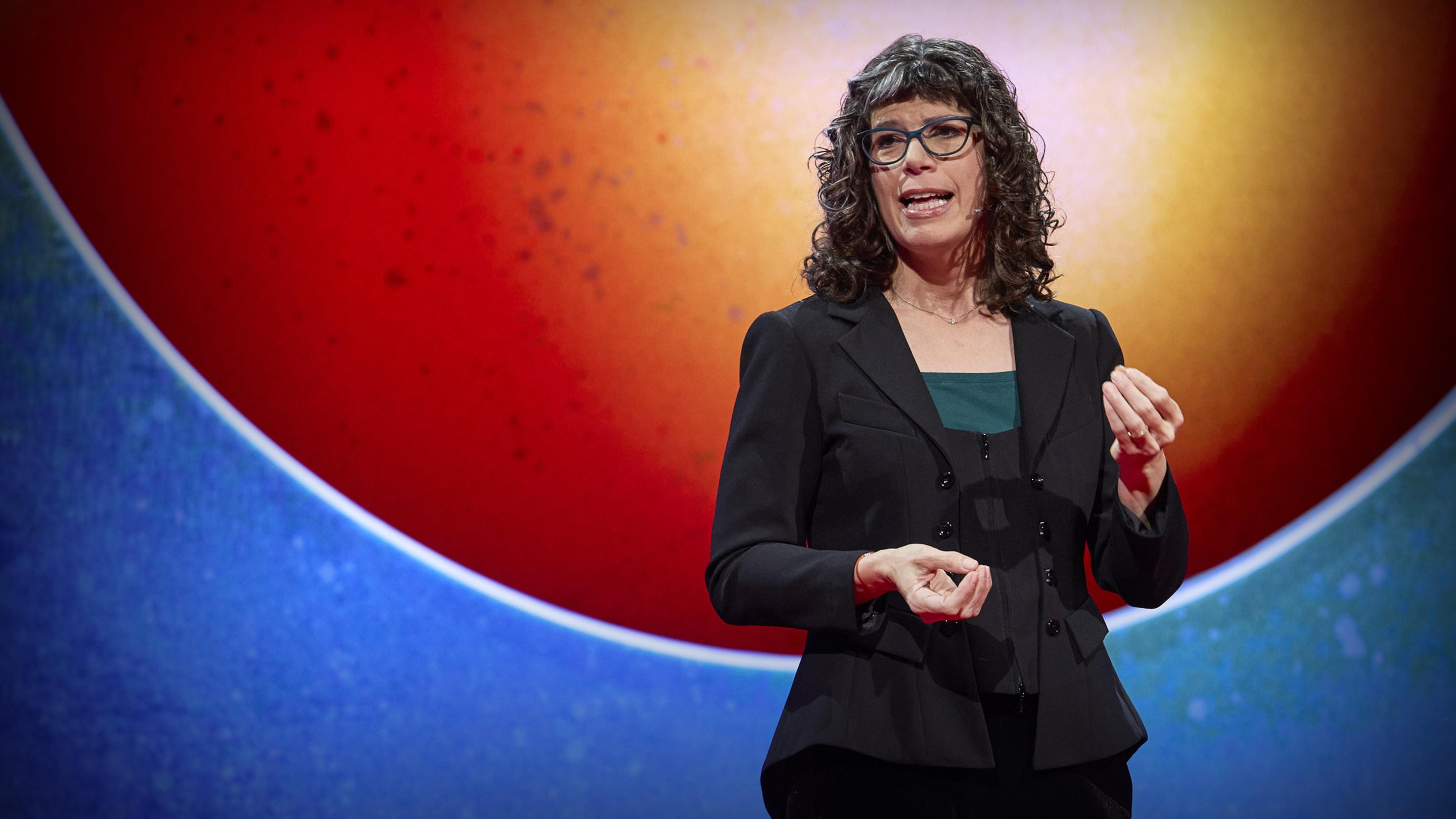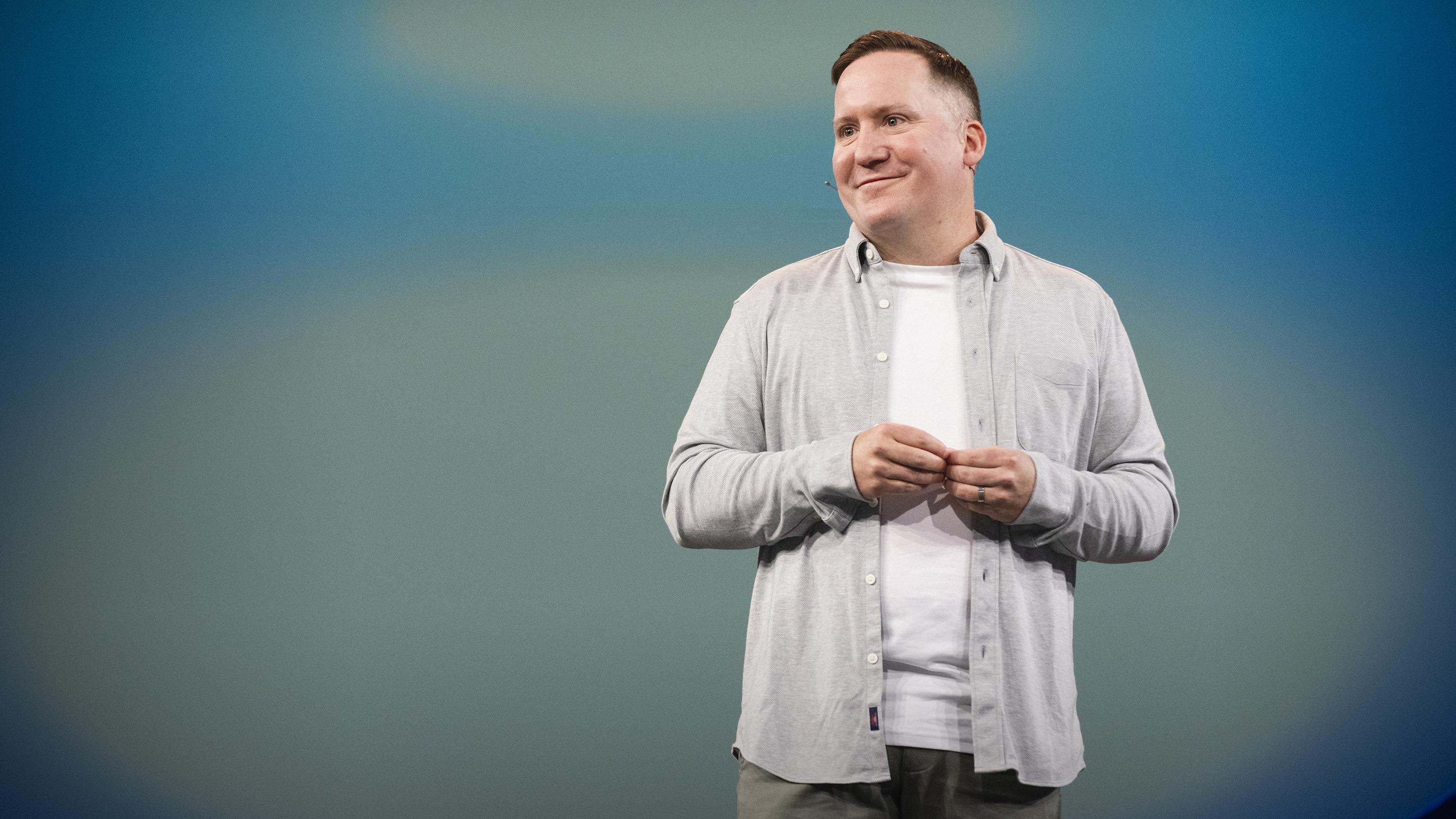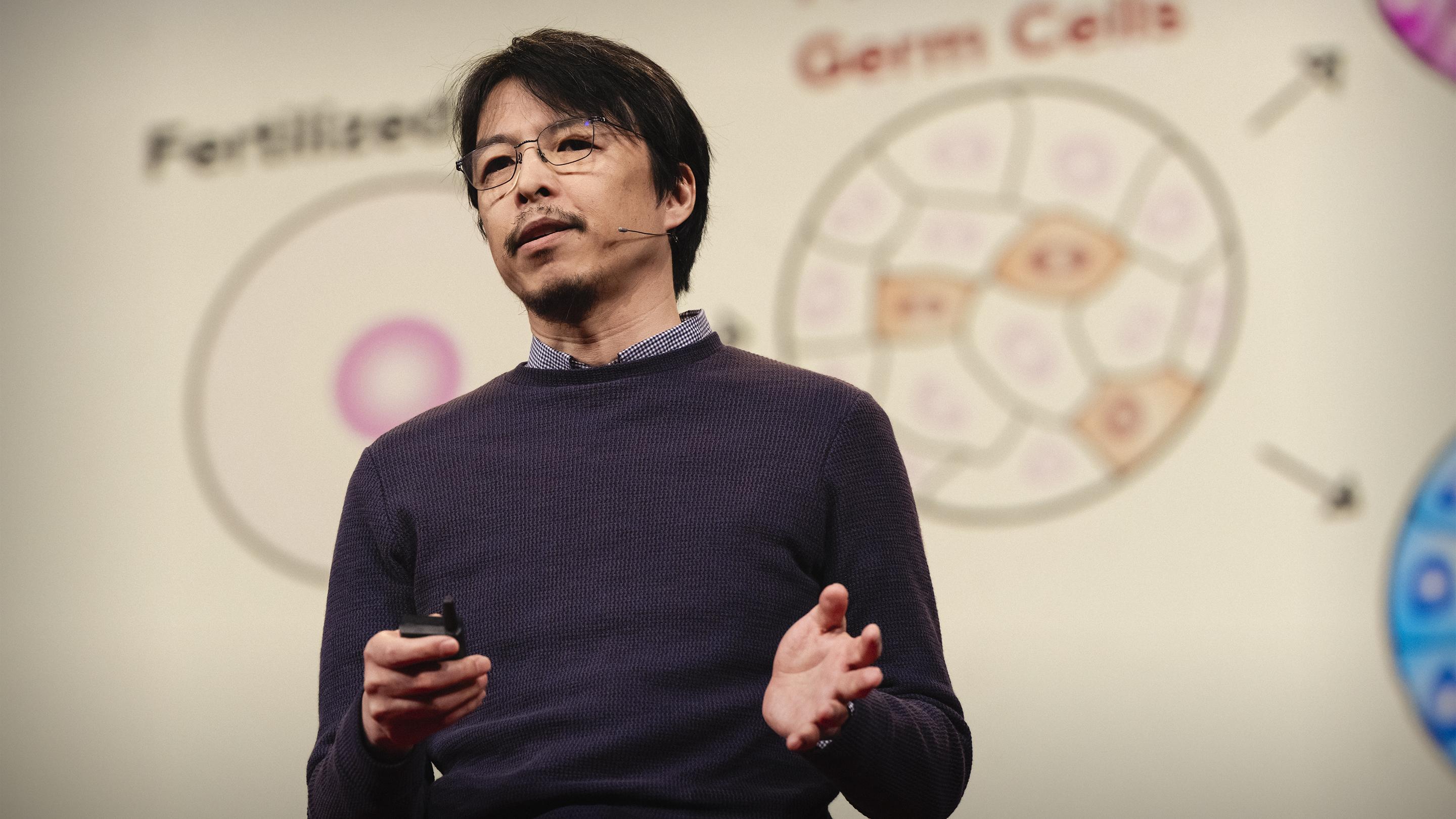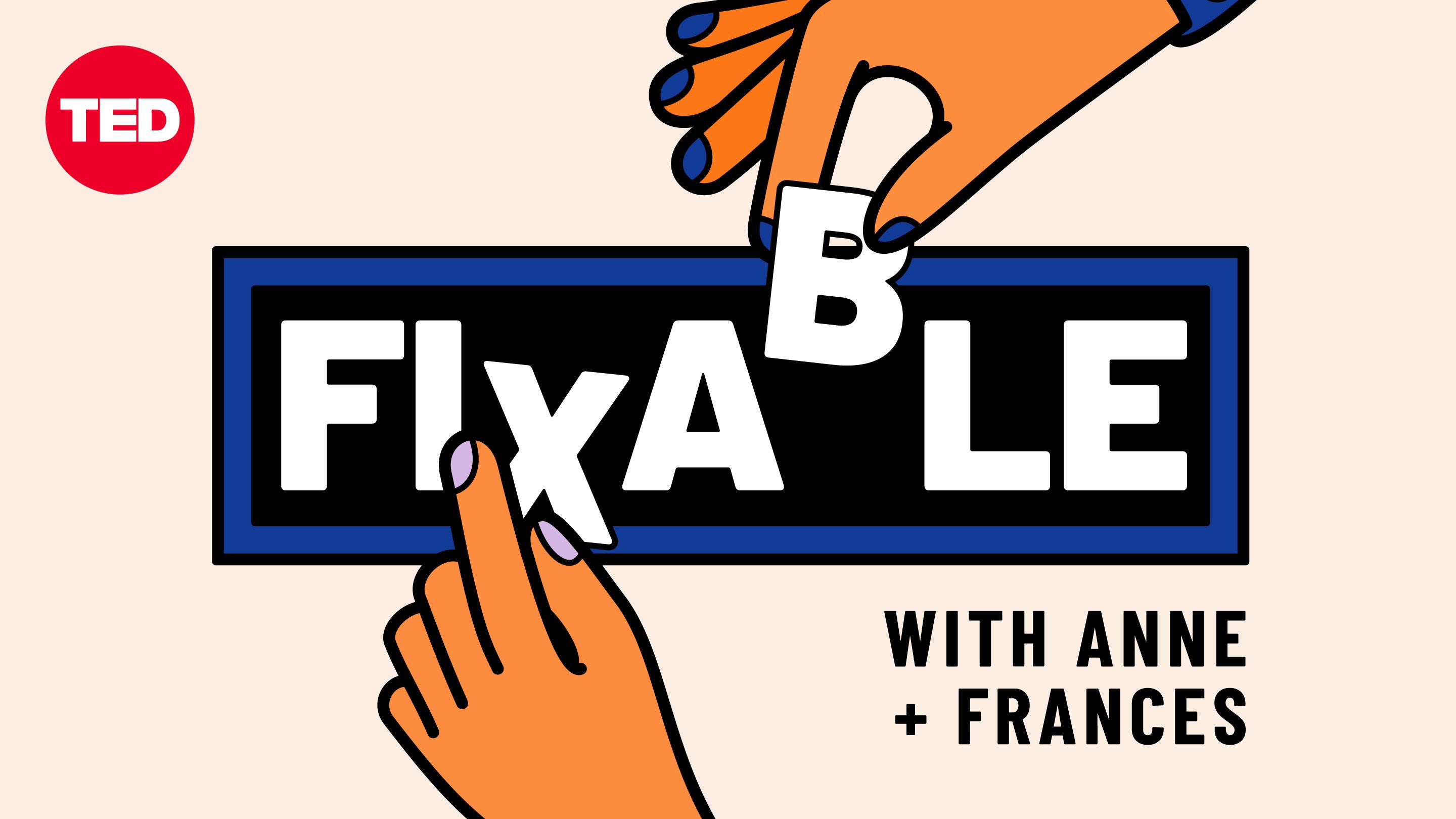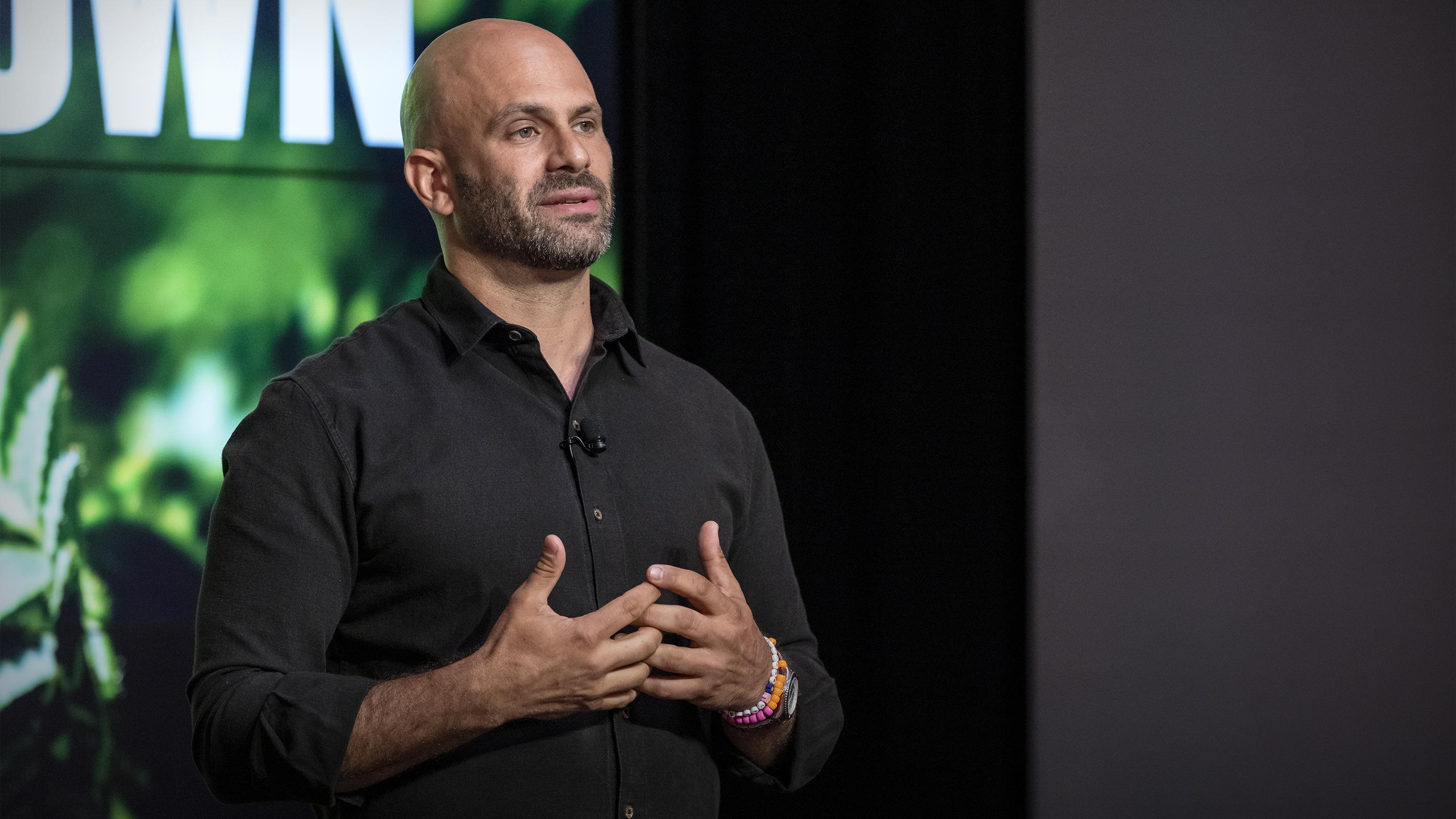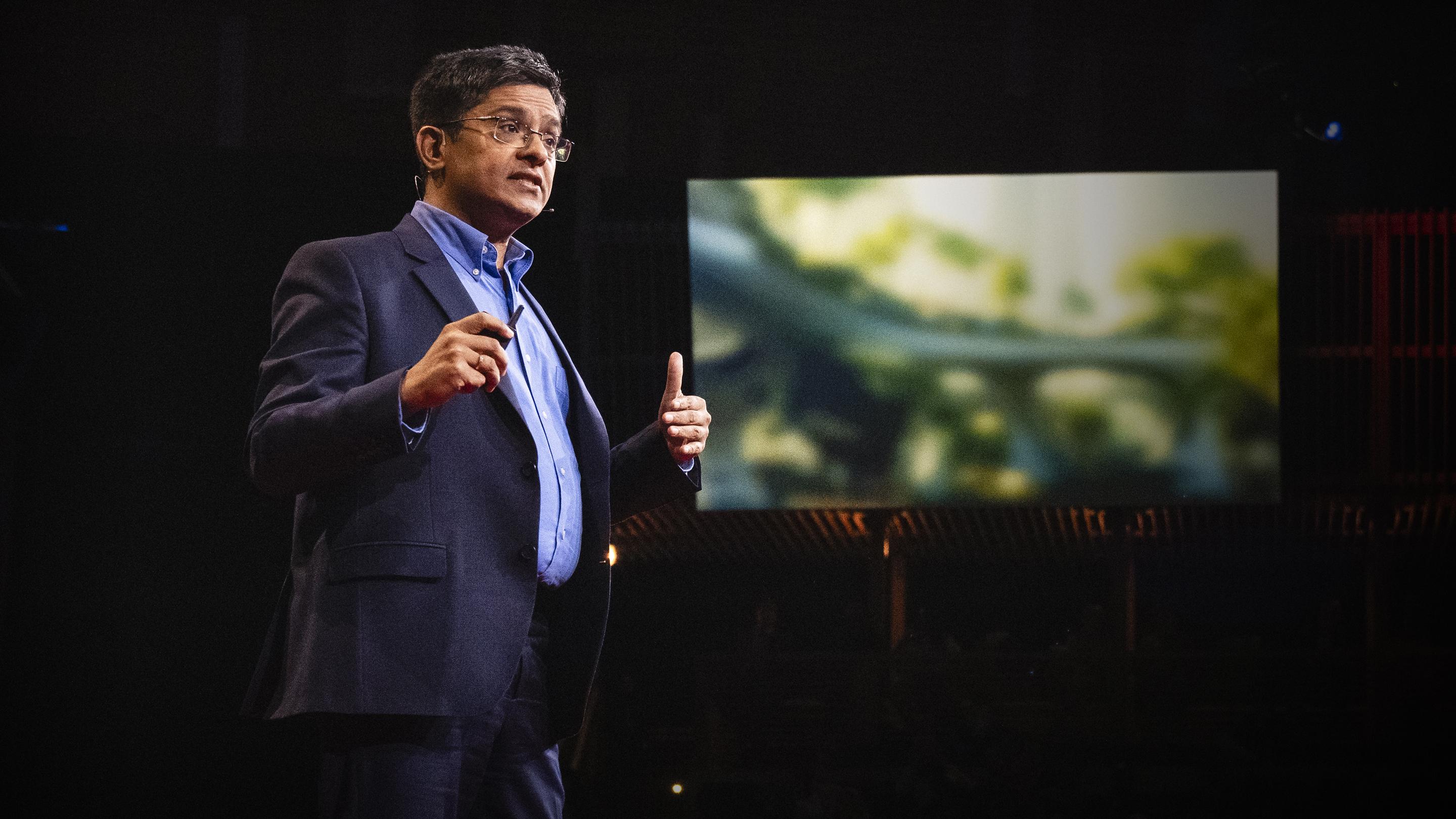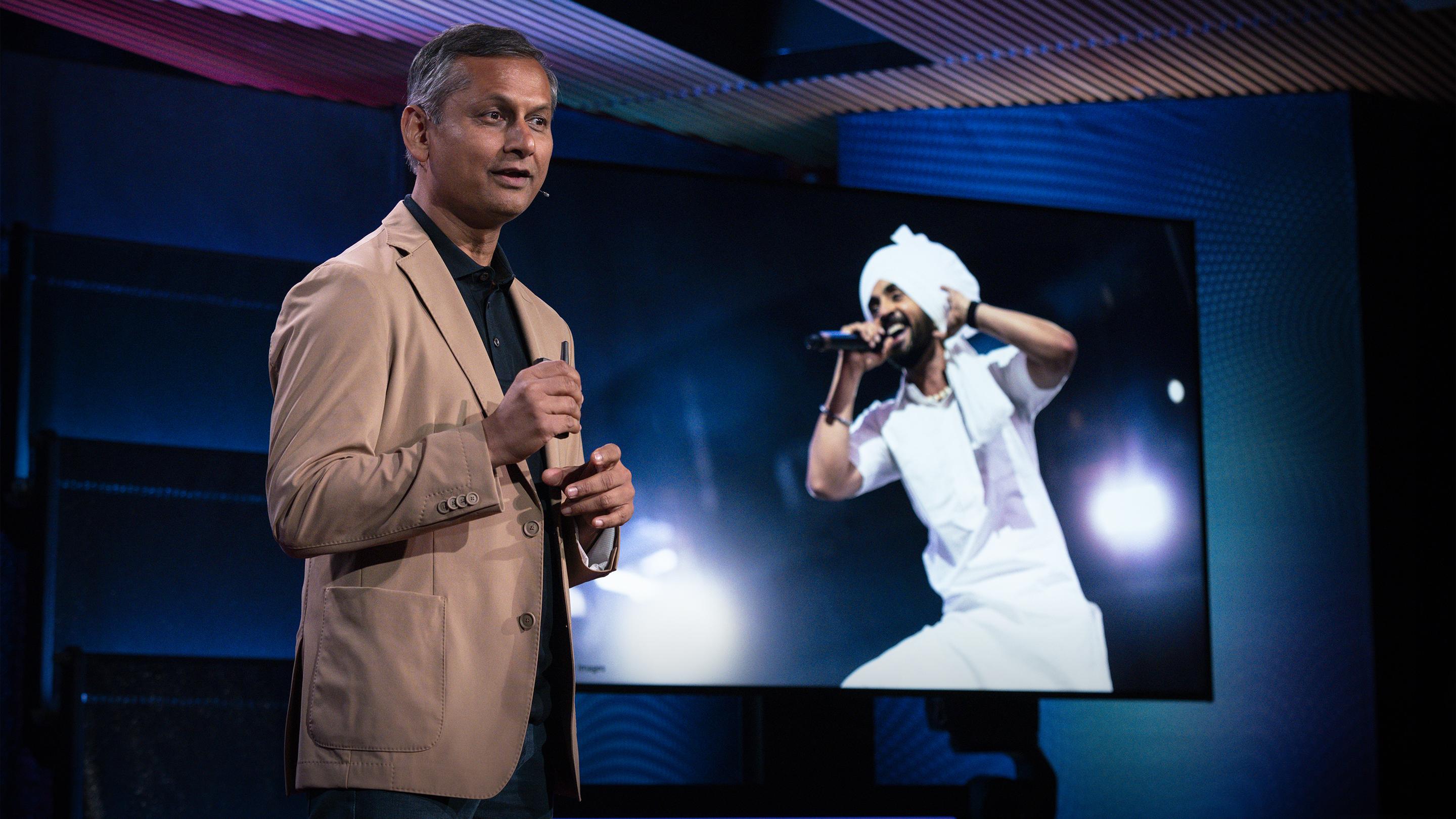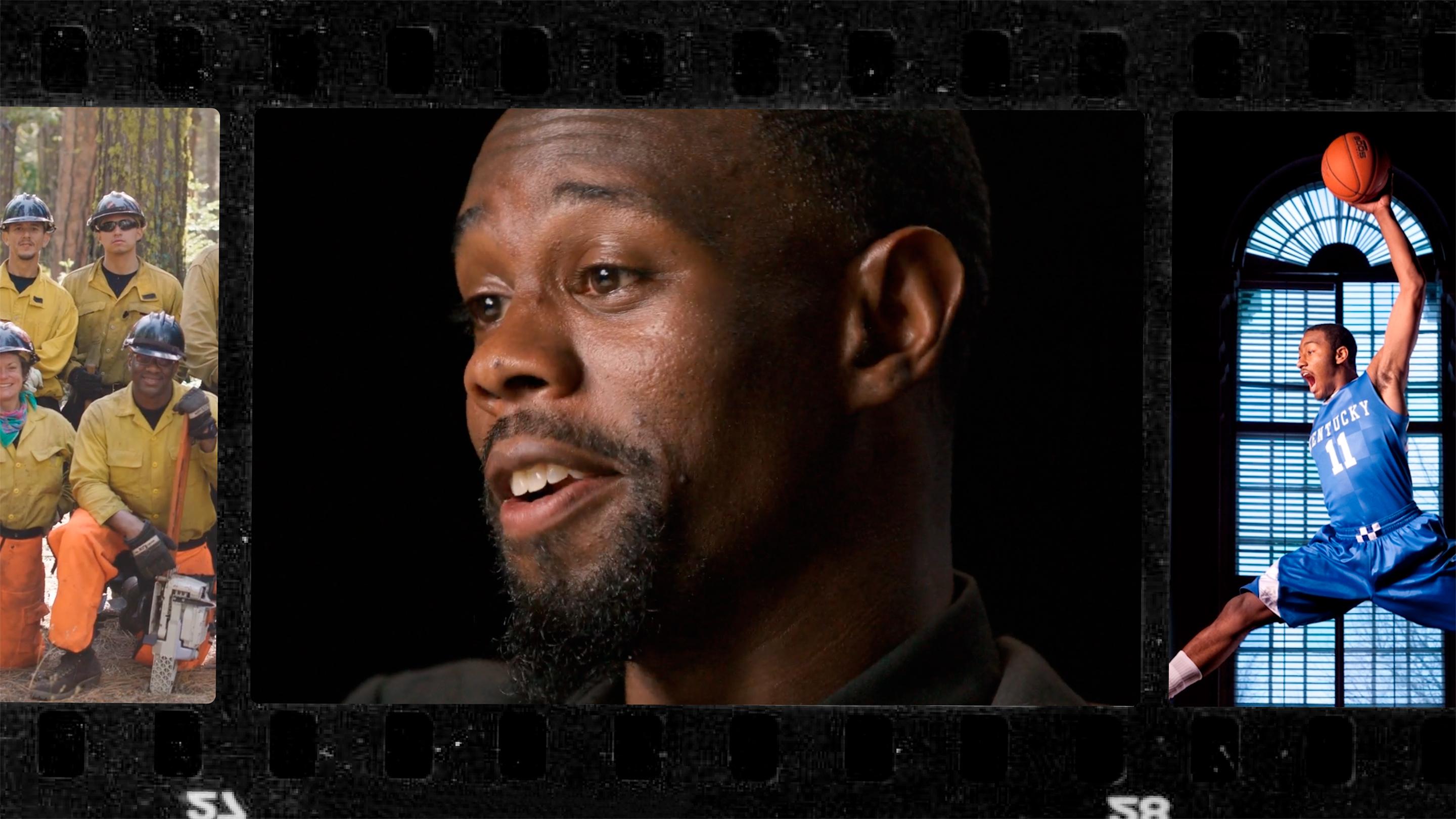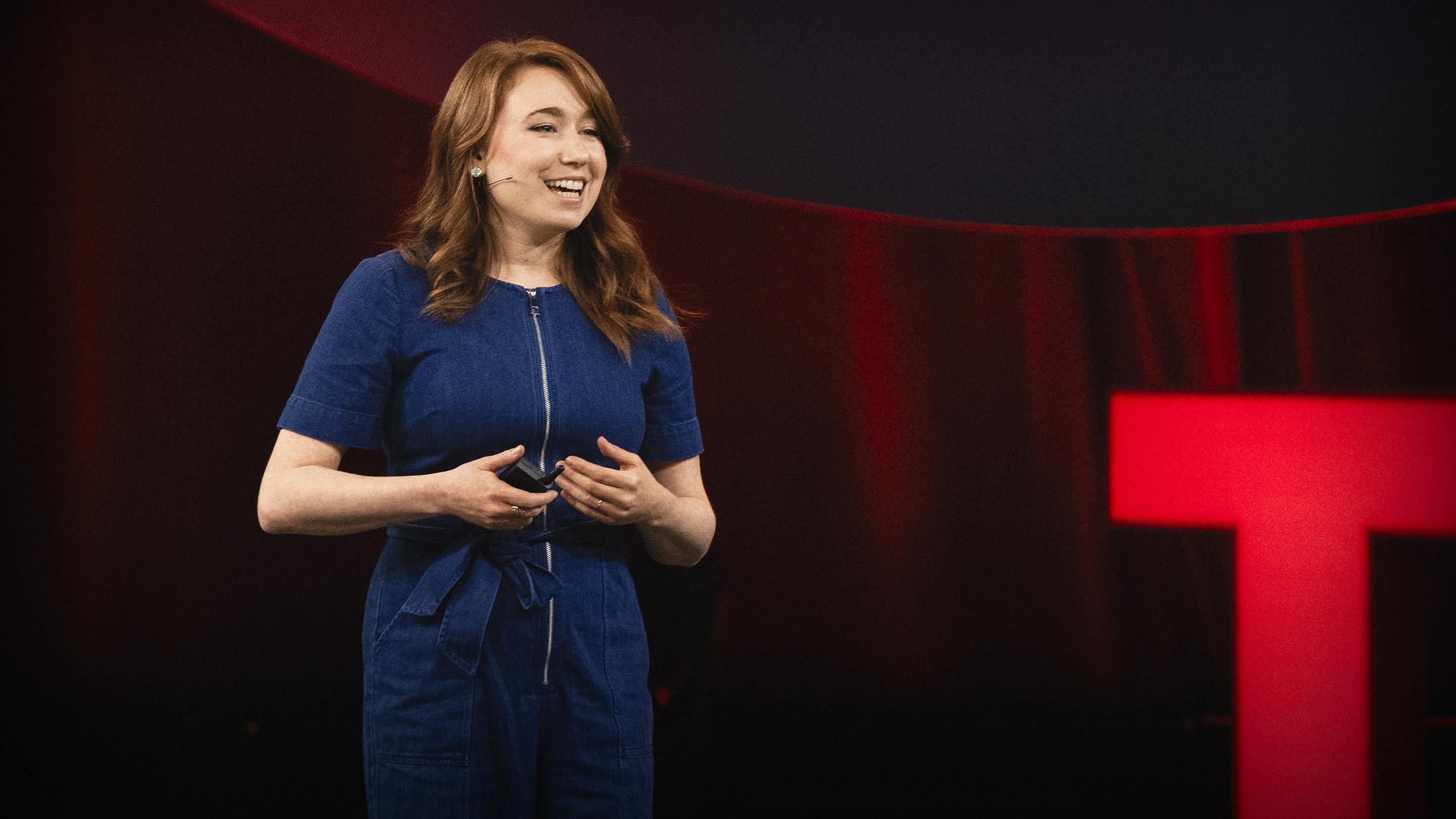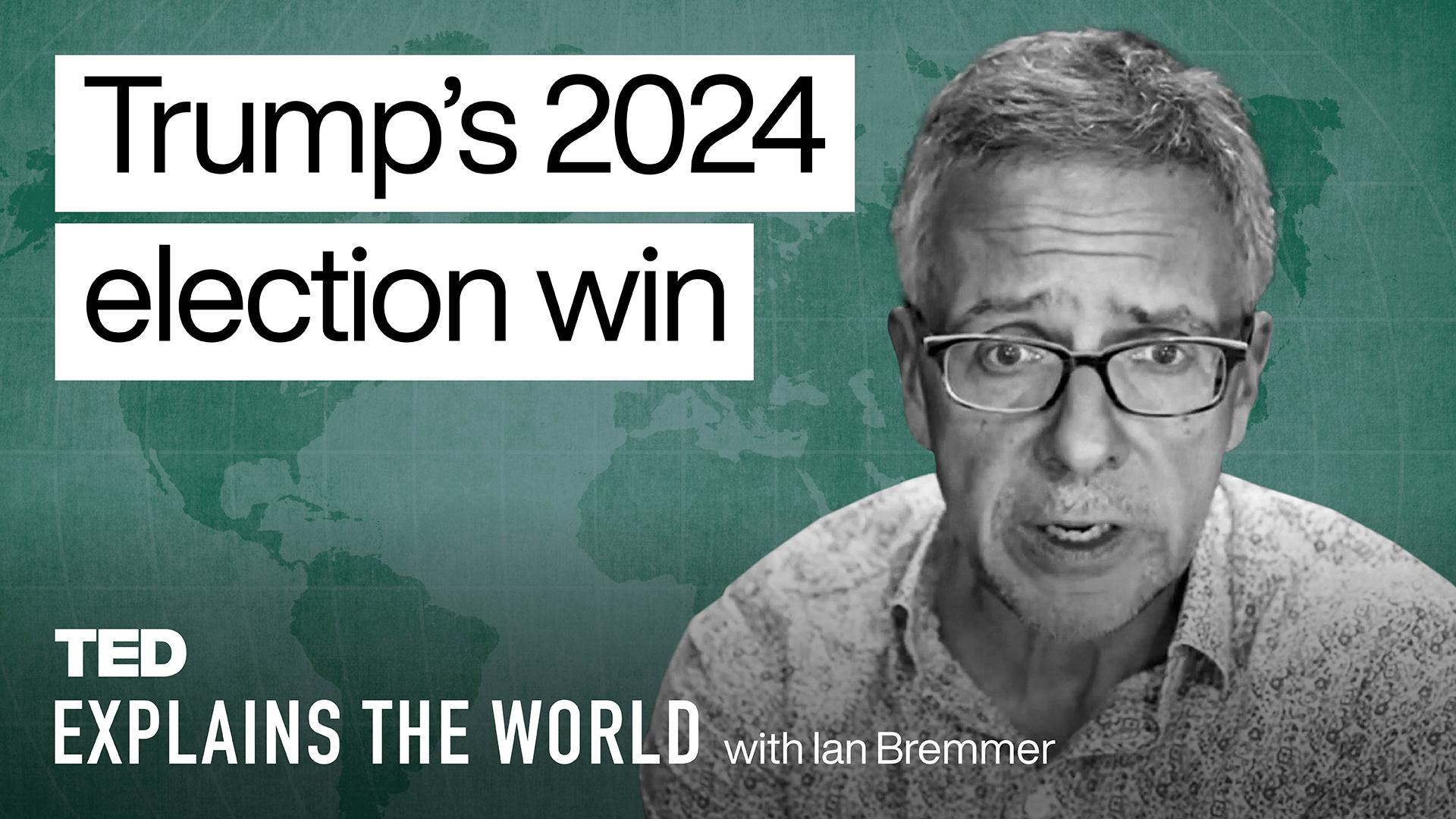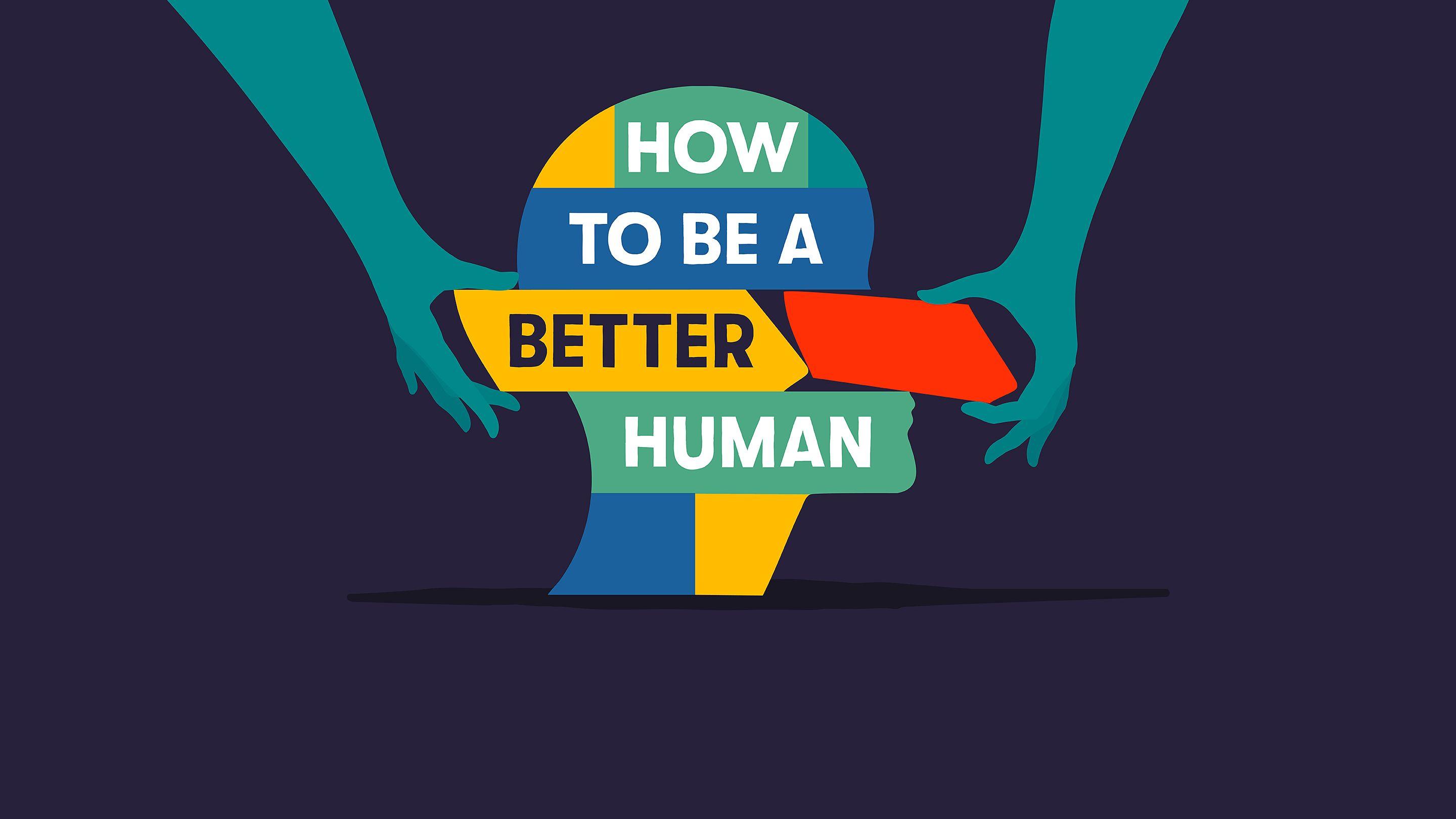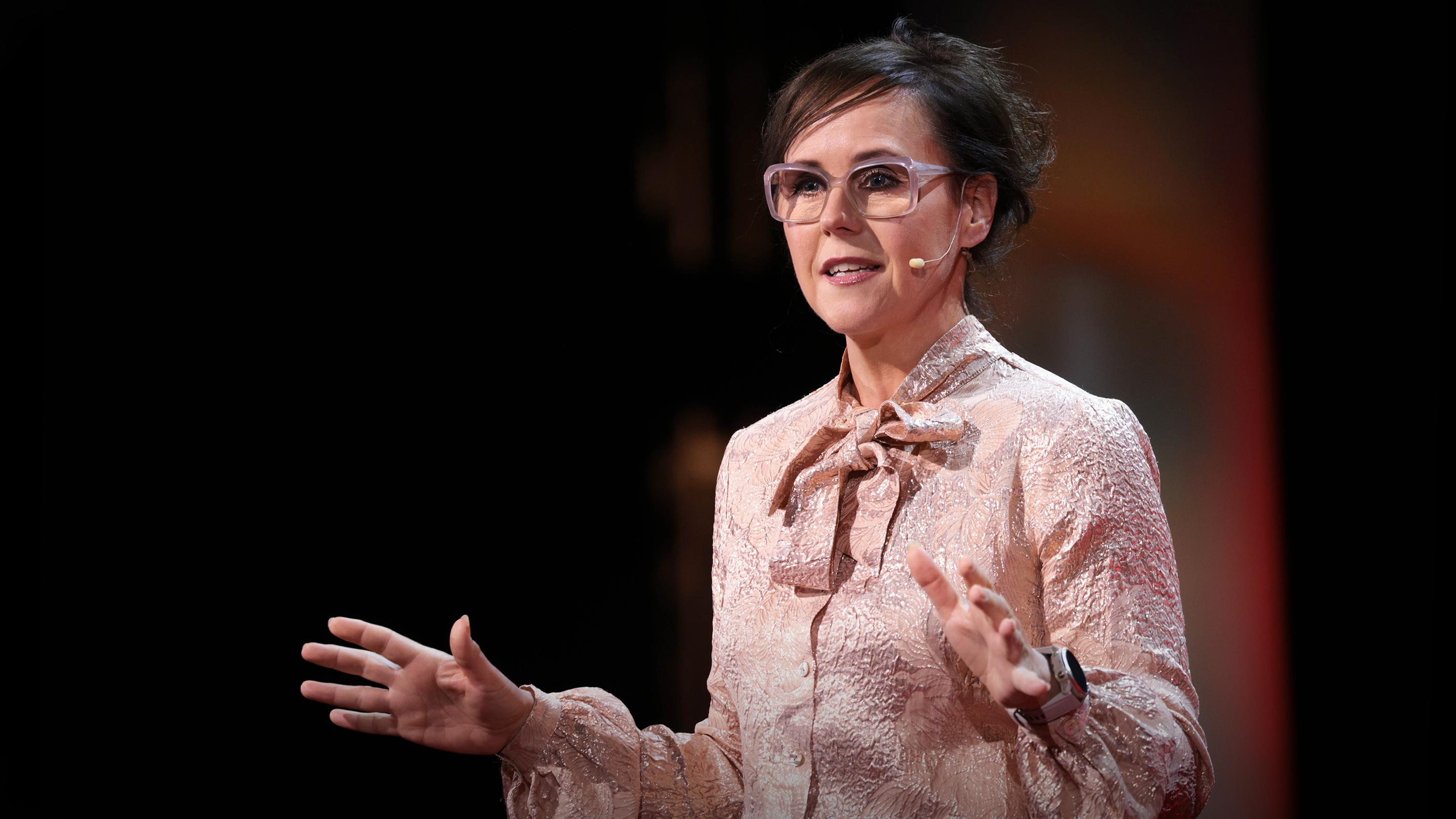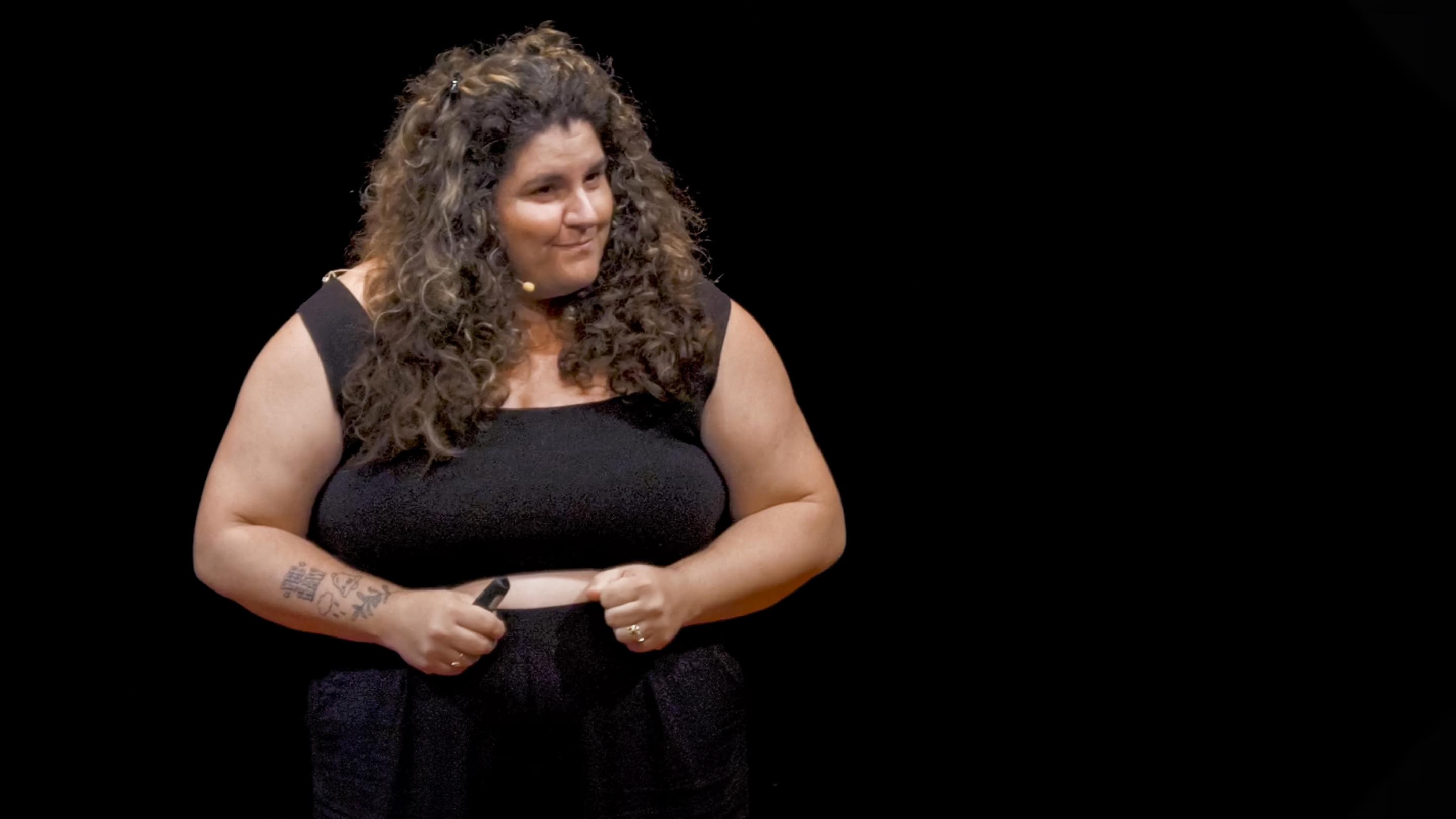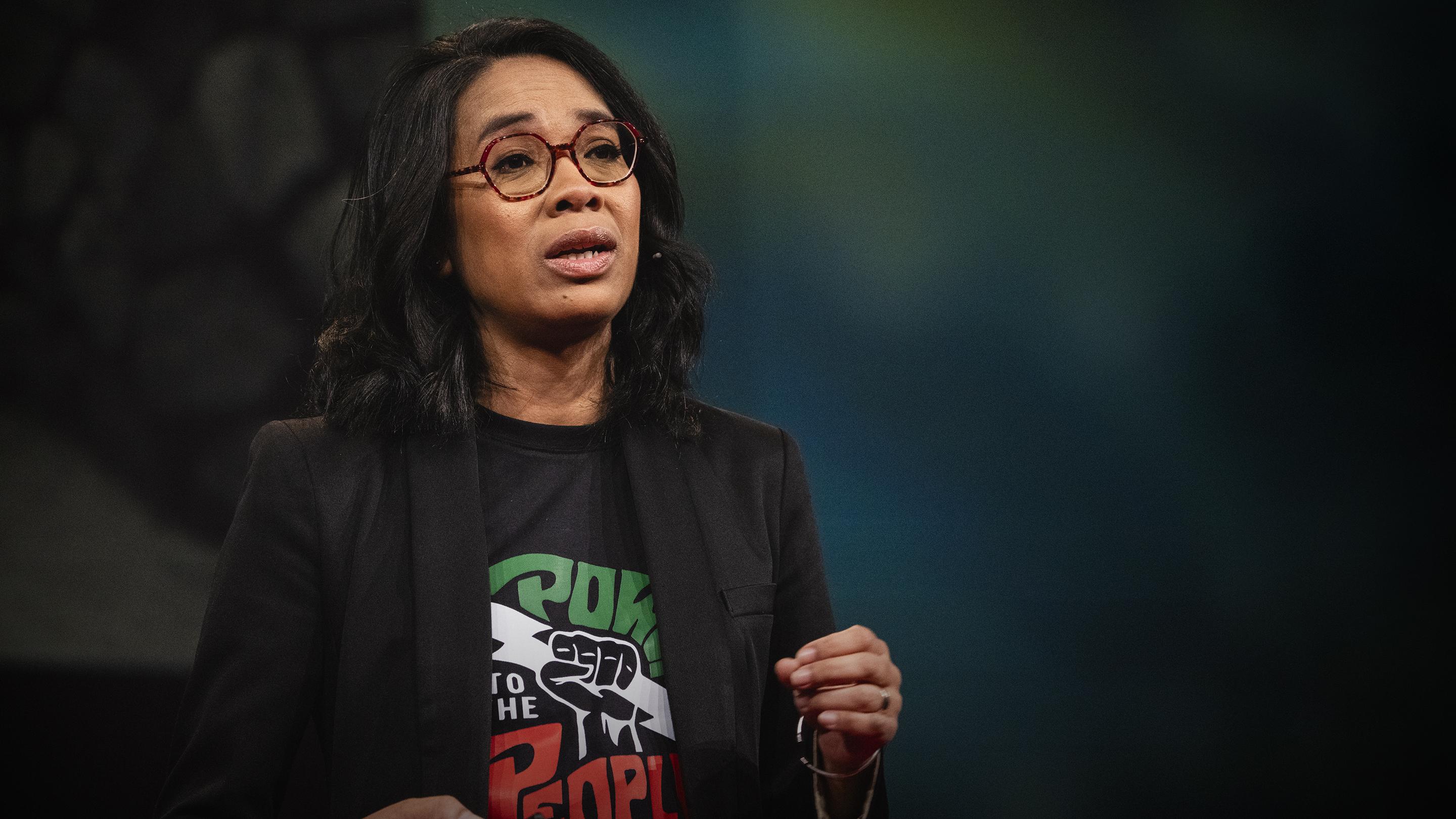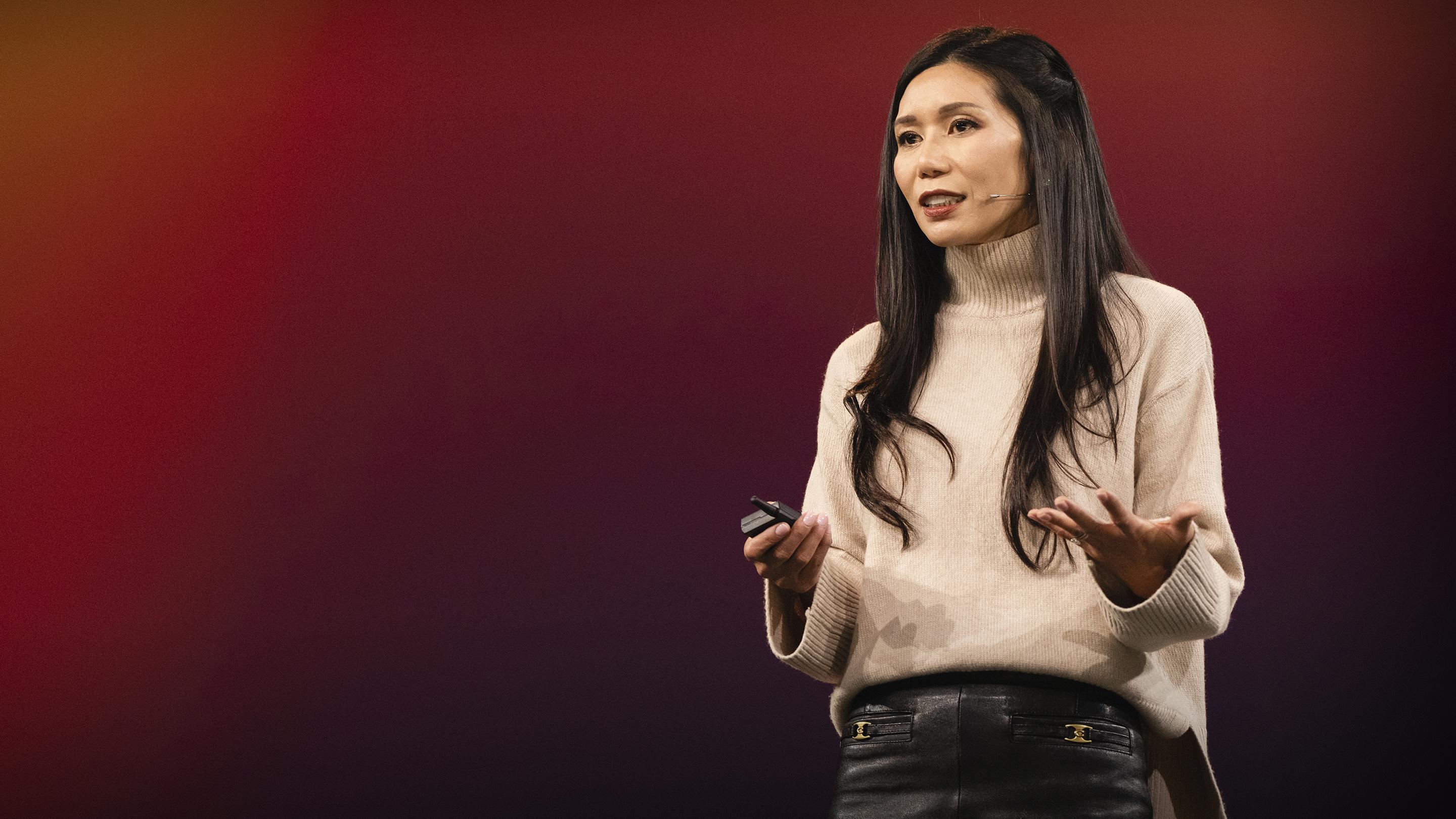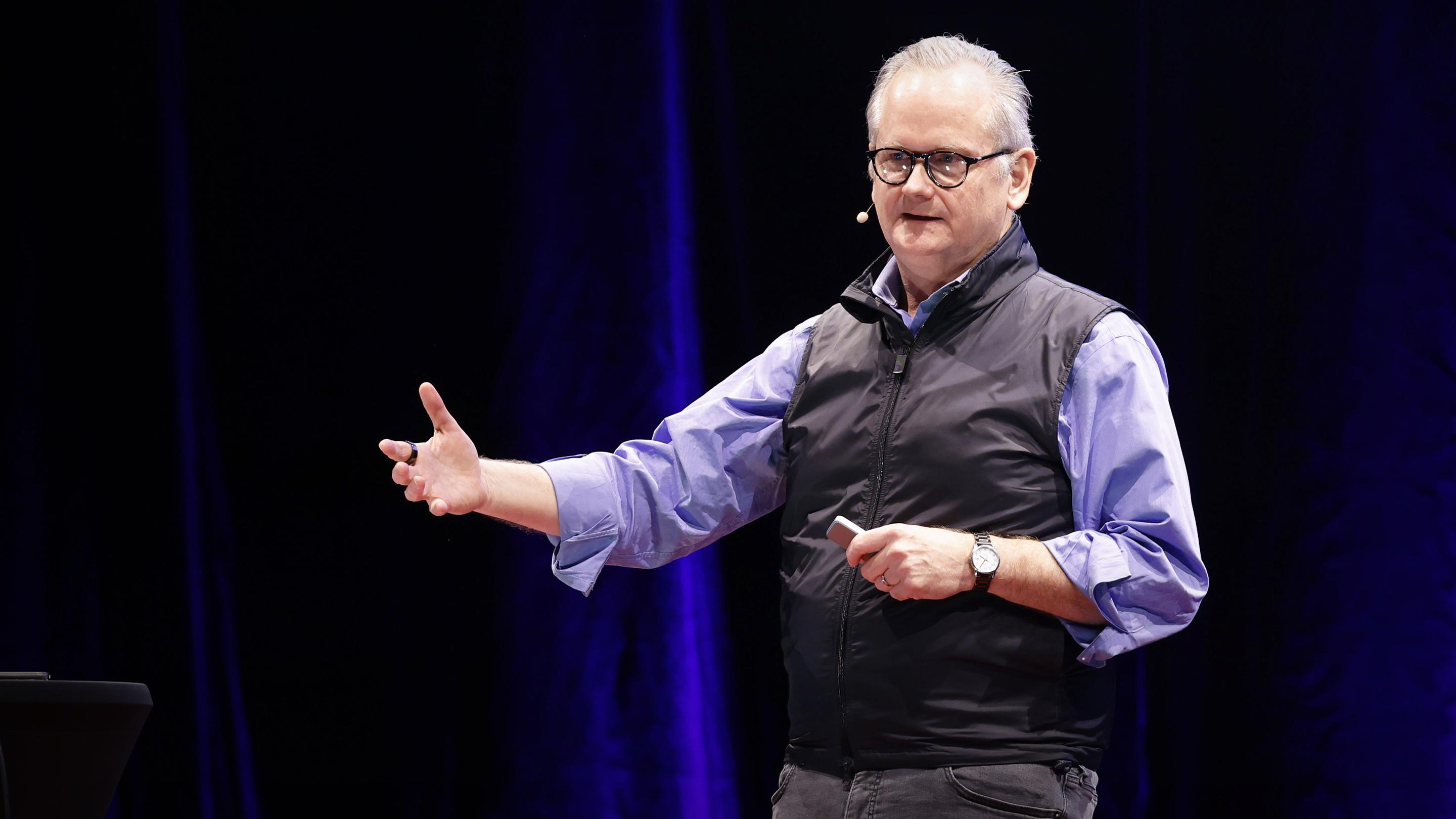Episodes
-
Will progress in artificial intelligence continue to accelerate, or have we already hit a plateau? Computer scientist Jennifer Golbeck interrogates some of the most high-profile claims about the promises and pitfalls of AI, cutting through the hype to clarify what's worth getting excited about — and what isn't.
-
Nutritious crops aren't getting to the people who need nutrition most, even in one of the most fertile places on Earth: Indonesia. Exploring some of the forgotten foods from the country's more than 17,000 islands, food entrepreneur Helianti Hillman explains why centering food policy on biodiversity, rather than monoculture, is the key to healthier people and a healthier planet.
-
Episodes manquant?
-
What if the secret to a happy relationship isn’t following the rules, but rewriting them? In this refreshing talk, couples therapist Stephanie R. Yates-Anyabwile explores why letting go of traditional societal expectations of romantic relationships — like sharing the same routines or even, in some cases, living together — can help couples embrace their individuality, reduce conflict and build stronger, more fulfilling connections.
-
Dana R. Fisher calls herself an "apocalyptic optimist" based on her research as a sociologist of large social movements. Her studies suggest that ever-increasing climate disasters will get people out in the streets demanding the action we need. She breaks down how to cultivate resilience to catastrophe in yourself and your community — and how to rally for change in the face of seemingly intractable problems.
-
You're familiar with the story: a sperm and an egg meet to create an embryo, which has the potential to give rise to new life. But what if you could create a sperm or egg from any cell, even a single skin cell? Biologist Katsuhiko Hayashi discusses the science of in vitro gametogenesis (IVG) — an experimental technique for creating lab-made sperm or eggs out of just about any type of cell — and explores its implications for endangered species, human reproduction and more.
-
Each Sunday, TED shares an episode of another podcast we think you'll love, handpicked for you… by us. The Democratic Party lost big in the 2024 election cycle. What are the lessons party leaders should take from what happened? In this special episode of Fixable, another podcast in the TED Audio Collective, Anne and Frances share their thoughts on how the Democratic Party failed to understand what voters needed most. They explore how the party can identify its underlying problems, rebuild trust, and craft a rigorous and optimistic way forward – skills all leaders need in a complex, fast-moving world.
-
What does a warming planet mean for the foods you love? Hosting a dinner party that features a menu of foods that could disappear within our lifetimes, culinary entrepreneur Sam Kass invites us to chew on the reality of climate change by exploring the things — like chocolate and coffee — it puts at risk.
-
Billions of dollars are poured into global development every year, but results are lacking, says economist Karthik Muralidharan. Diving into an example with public education, he outlines how smarter resource allocation and evidence-based interventions, like learning software that dynamically responds to students and teaches at the level that's right for them, can accelerate global development worldwide — not by spending more, but by spending smarter.
-
For a long time, the conveyor belt of ideas moved from the West to the East, says business strategy expert Neeraj Aggarwal. But now, Asia’s rising cultural and intellectual influence is redefining this established order. He explores how Asia’s booming culture and economy — from K-pop to cutting-edge tech — is sparking creative solutions to global challenges and reshaping the future in unexpected ways.
-
When wildfires rage in California, incarcerated people are often on the front lines fighting the flames. TED Fellow Royal Ramey was one of them. He shares the story of how doing public service in prison inspired him to cofound the Forestry and Fire Recruitment Program, a nonprofit helping formerly incarcerated people become wildland firefighters — and find purpose along the way.
-
We tend to consider romantic partners and family ties to be our most important relationships, but deep friendships can be just as meaningful. In a perspective-shifting talk, author Rhaina Cohen introduces us to the people unsettling norms by choosing a friend as a life partner — and shows why we're all better off recognizing there's more than one kind of significant other.
-
In this in-depth discussion on the implications of Donald Trump’s re-election as US president, geopolitical expert Ian Bremmer explores the key issues that shaped the result — as well as the coming shifts in US foreign policy, from the Russia-Ukraine conflict to the US-China relationship and the Middle East. Learn more about the economic pressures, complex global dynamics and central personalities (including Elon Musk) that will define a second Trump presidency. (This live conversation, recorded on November 7, 2024, was hosted by TED’s Helen Walters.)
-
Each Sunday, TED shares an episode of another podcast we think you'll love, handpicked for you… by us. Our bodies and minds are deeply intertwined, yet we often overlook this vital connection in our daily lives. In this episode of How to Be a Better Human from the TED Audio Collective, host Chris Duffy welcomes therapist, somatics teacher, author, and founder of The Embodiment Institute, Prentis Hemphill. Prentis shares what it means to be fully present in your body -- and explains how cultivating a sense of embodiment can enhance your self-understanding, and your relationship with the world.
For more How to Be a Better Human, listen wherever you get your podcasts.
-
"Intuition helps us see the big picture," says filmmaker and sustainability leader Hrund Gunnsteinsdóttir. Reflecting on her work at the UN, she outlines three ways innsæi (the Icelandic word for "intuition") can help humanity face our greatest existential threats — urging us to use our inner wisdom as a guide for essential change.
-
Do you hate having your photo taken? Portrait photographer Teri Hofford is here to change your mind. She unpacks why you may think you look bad in photos — and how to boost your confidence for those moments captured on camera.
-
How can everyday people help foster and protect democracy? Detailing her work fighting for people power as an activist in Madagascar, Ketakandriana Rafitoson discusses how citizen assemblies — meetings where ordinary citizens get educated about democracy — empower communities to protect their rights, debate important civic questions and take action to create a brighter future.
-
Fashion is a huge part of the world's waste problem, but it doesn't have to be. Coachtopia founder Joon Silverstein shows how her company creates new designs from the waste products of another, a circular process that cuts the need for new raw materials — and rethinks what qualifies as "luxury." (Made in partnership with Coachtopia)
-
Each Sunday, TED shares an episode of another podcast we think you'll love, handpicked for you… by us. It's hard to make change at work happen. But wherever you sit in the hierarchy, there are steps you can take to overcome resistance and motivate people to embrace new ideas. In this episode of WorkLife with Adam Grant, Adam brings in an education change agent, a business turnaround specialist, and a bestselling author to identify what you can do to improve the status quo.
For the full text transcript, visit go.ted.com/WL49
-
Does AI pose a threat to democracy? Law professor Lawrence Lessig dissects how this emerging technology could influence democratic institutions, warning that we’ve already passed a point (before superintelligence or AGI) that deserves a lot more attention.
- Montre plus

